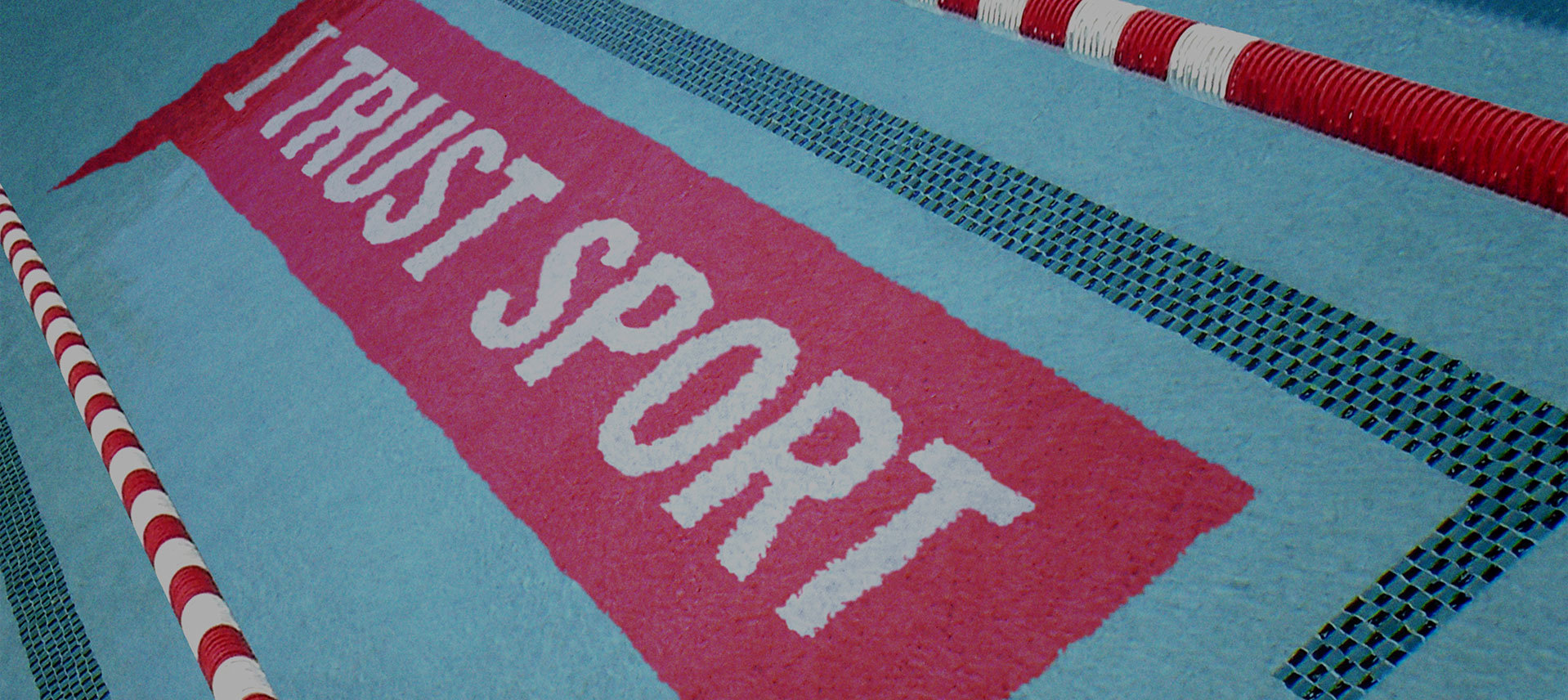On 15 May the International Centre for Sport Security (ICSS) and the University of Paris 1 Panthéon-Sorbonne, plus partners, released a detailed report on sport integrity. The report contains many interesting new findings, among which one of the most significant is the evidence of growing momentum for serious action to combat sports manipulation.
The study provides some startling headlines:
- Organised crime launders an estimated $140bn USD through sport annually
- 80% of global sports betting is illegal (sports betting is banned or heavily restricted in a large number of countries)
- Numerous different sports are at risk with football and cricket top of the list globally
- 80% of sports betting operators are domiciled in jurisdictions with low tax and/or limited regulations
It takes a while to digest the full report but a couple of interesting points that caught my eye were:
- High pay-out rates increase appeal for money launderers - one consequence of the intense competition between betting operators has been an increase in the pay-out rates, which are now often over 90%. High pay-out rates increase the appeal of sports betting for money laundering as criminals can stake large sums with few checks made by the operator and then collect almost all of the money legitimately through their winnings.
- Mis-alignment of interests between betting operators and sports federations - generally, the operators and exchanges want to increase betting volumes as this will lead to higher profits. For sports federations, increased betting volumes result in a greater risk of manipulation because it may be harder to spot suspicious activity in a more liquid market. However, the sports federation will not necessarily receive any extra revenue from the additional betting activity. Meanwhile, the betting operator uses sophisticated hedging strategies to reduce losses even if there is manipulation.
Match-fixing and manipulation are complex issues which pose a very serious threat to sport. The Sorbonne-ICSS report recommends a number of measures in response, some of which overlap with the recent Convention of the Enlarged Partial Agreement on Sport (EPAS) of the Council of Europe Against the Manipulation of Sports Competitions. Key recommendations include encouraging closer co-operation between stakeholders at international and national level, harmonising criminal laws on sports manipulation, introducing a sports betting tax to pay for safeguards and investigations, and enhancing the monitoring systems which are gradually being put in place in sports and leagues around the world.
In addition, the report reinforces the importance of good governance in sports organisations (see pages 13-23 in the Guiding Principles), which is a priority for I Trust Sport. For example, by conducting risk management assessments sports organisations can tackle potential issues proactively. One way to reduce risks is to ensure athletes are paid on time. Another useful step is to adjust the format of sports competitions to avoid matches where one party could benefit from losing deliberately.
Among 60 programmes or measures put in place by the sports movement, three quarters were set up within the last three years. That is significant because it demonstrates rapid progress in recent times. In most cases, the action was in response to a match-fixing scandal. Those sports and leagues which have not had their scandal yet would be well-advised to act now, before the damage is done.
All in all, the Sorbonne-ICSS study is a welcome contribution to the wider debate on sports integrity and manipulation. Momentum is building.

